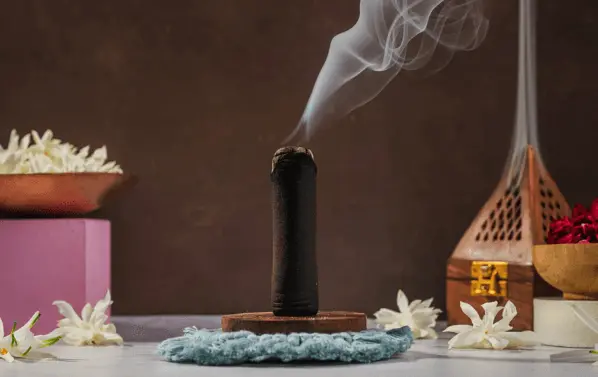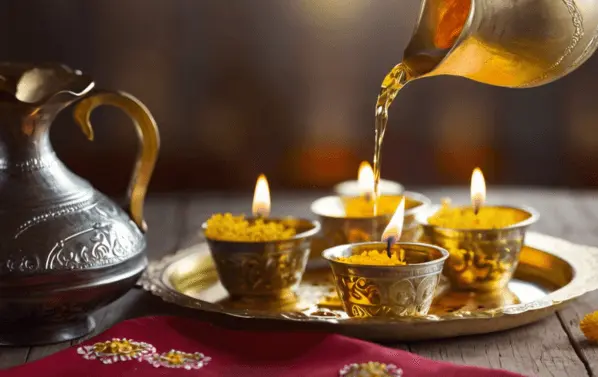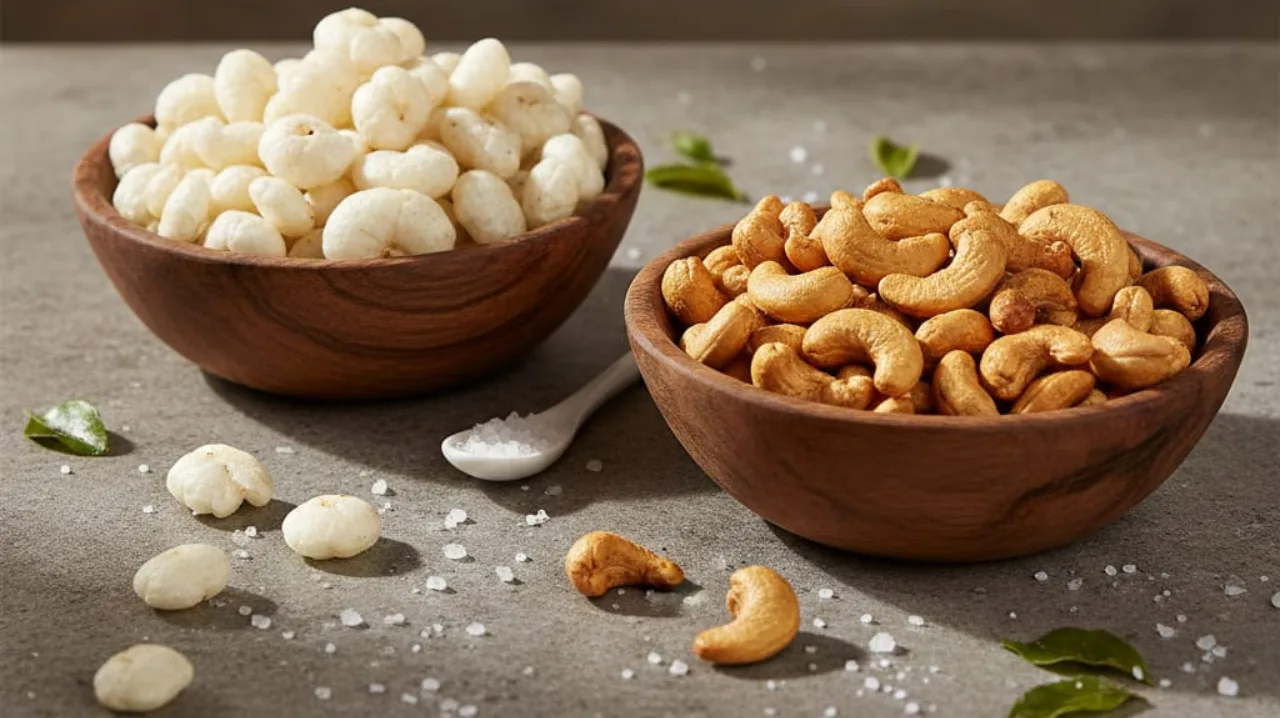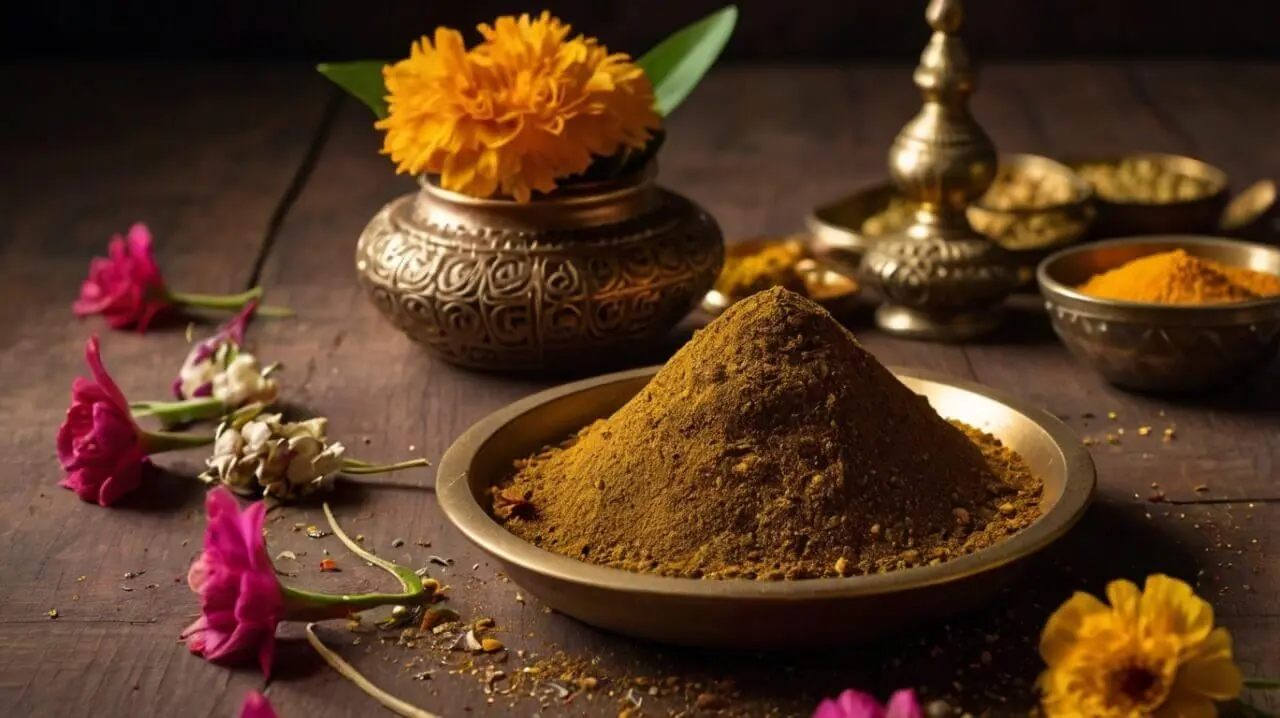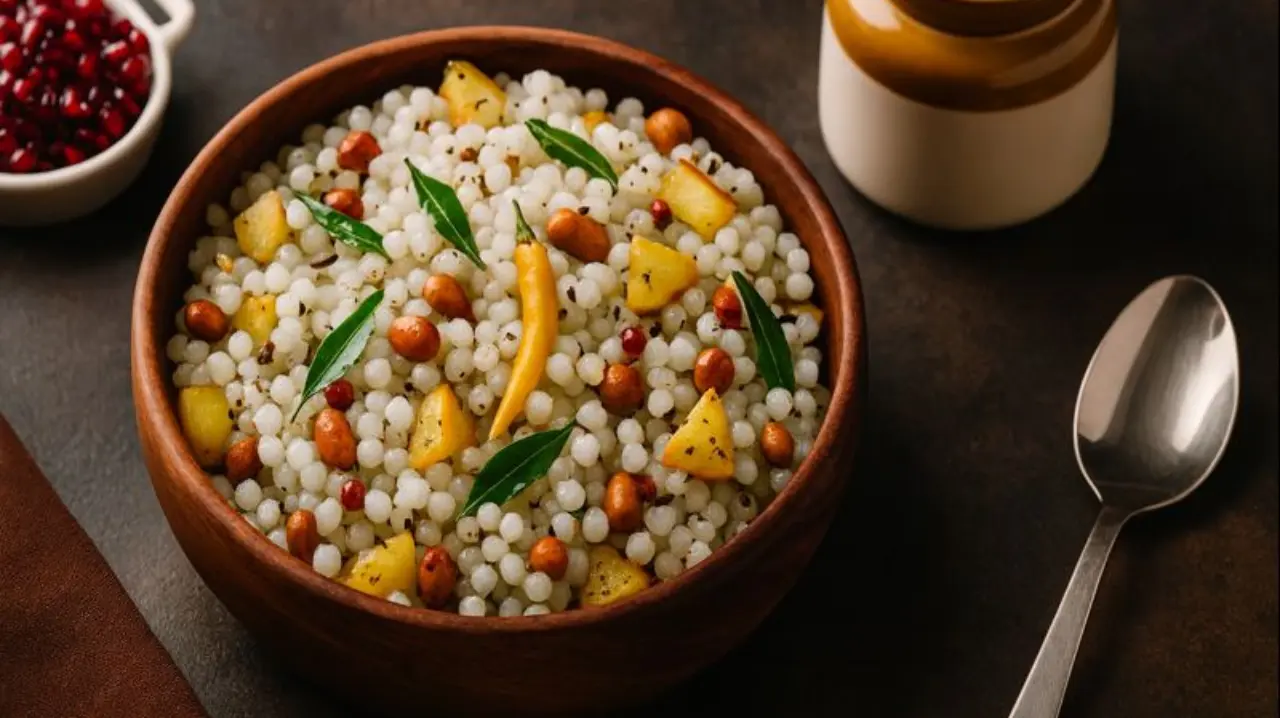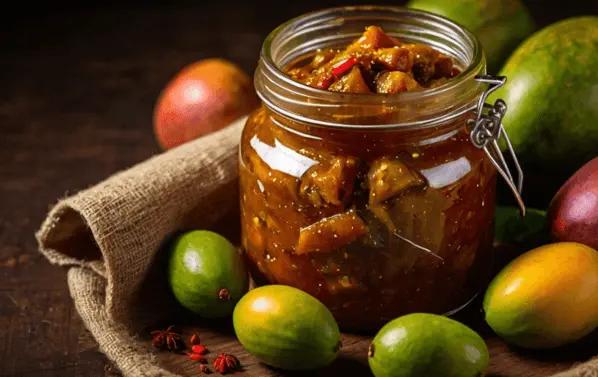The Art of Traditional Indian Pickles: Why Homemade Flavors Matter

The Indian pickles on the plate serve as more than just a simple side dish. A colorful representation of tradition, patience, and culinary knowledge handed down throughout centuries, they are. Every facet of pickle-making tells a story—one that connects families, seasons, and flavours—from a grandmother’s secret spice combination to the careful sun-drying of materials. Home aroma of grandma’s pickles is nevertheless a sign of genuineness in a world dominated by fast food and mass-produced condiments, providing a flavor strongly anchored in culture and craft.
These are healthy, sun-fermented, slow-aged traditional Indian pickles. This delicate art form is about nutrition, preservation, digestive health, and taste.
What Distinguishes Traditional Pickles?
Traditional Indian pickles are natural and carefully matured, unlike store-bought ones that are sometimes loaded with synthetic vinegar, preservatives, and artificial taste enhancers. Ingredients are chosen for their seasonal freshness and health benefits.
Most significantly, conventional pickles depend on spontaneous fermentation. This technique adds good bacteria—probiotics—that help gut health, improve digestion, and encourage a healthy internal environment.
Moreover, the meticulousness in home-cooked recipes guarantees uniformity in quality and flavor—something mass-produced pickles usually lack. All of these elements affect the end result: the spice-to-oil ratio, the vegetable moisture content, and the sun exposure period. Every jar is a mix of dietary benefits and culinary care using this handmade method.
Why Homemade Flavours Still Matter in Today’s World
Today’s fast-paced existence often trades convenience for quality. Seeking fast meals and ready-made sauces causes us to miss the delicate complexity and health advantages of nostalgic pickles. However, people seeking authenticity, health, and natural alternatives are increasingly reviving their interest in traditional cuisine—a return to their roots.
Home-style pickles provide more than just memories. Their slow-fermented character promotes improved digestion and helps control the gut flora. Made in tiny amounts under clean circumstances, they include no industrial ingredients. The taste—a flavor that is subtle, balanced, and alive with authentic ingredients—reflects the love and care poured into every stage of preparation.
Archita Chatpata: Preserving the Homely Nostalgic Spirit
Knowing the significance of history, taste, and purity, Archita Chatpata offers a range of handcrafted pickles that preserve the essence of the warmth of mother Kitchen goodness. Every jar is made with a strong commitment to purity, high-quality ingredients, and time-tested recipes. No artificial preservatives or chemicals are used, so these pickles are a dependable companion for your everyday meals.
Here is a more profound look at four of Archita Chatpata‘s well-liked traditional offerings:
- Archita Chatpata Mix Pickle: A nice blend of seasonal vegetables, the Chatpata Mix Pickle is a delicious mix of sour and spicy tastes. This pickle, made with a mix of carefully selected spices, complements Indian mainstays like roti, dal-rice, or khichdi. Rich in natural fermentation and fiber, it promotes digestion and adds a nice zing to every meal.
- Archita Chatpata Red Stuffed Chilli Pickle: Red chillies packed with a classic spice combination create this strong, hot pickle. For spice enthusiasts who want a little more kick in their food, this is the ideal partner. While the filling provides a blast of taste that transforms basic meals into feasts, the gradual fermentation balances the heat and improves digestion. Like other Archita Essentials items, it is devoid of any synthetic preservatives and is full of natural taste.
- Archita Chatpata Mango Pickle: A staple for all time, this mango pickle combines sun-ripened fresh mangoes with mustard oil and fragrant spices. Naturally fermented for the best flavour and digestive health advantages, it captures the ideal combination of sourness and spice. Housed in a sturdy glass jar, the pickle has no synthetic tastes or additions. Whether served with parathas or a basic dinner, this mango pickle enlivens the platter.
- Archita Chatpata Green Chilli Pickle: The Chatpata Green Chilli Pickle offers just that for anyone who wants a strong, fresh spice in their cuisine. Fermented in mustard oil to improve both flavour and digestion, this pickle is made from delicate green chillies and infused with a blend of strong spices. While still light on the stomach, it adds warmth and flavour to any meal. Every time, the purity of ingredients and small-batch cooking guarantee constant quality.
Restoring Taste Intentionally
Our increasing awareness of our diet drives us more and more to get back to genuine, useful, clean food. Traditional Indian pickles wonderfully capture this; they are very healthy, chemical-free, and rich in personality. Their worth is beyond taste; they link us to a way of life that values balance, health, and flavour.
Archita Chatpata brings this same legacy into contemporary kitchens, enabling one to appreciate the flavour of home pickles without the bother of preparation. They prepare their pickles with honesty, utilising family traditions, premium ingredients, and a passion for preserving genuine flavour.
Discover all the pickles at Archita Essentials and add health, flavour, and traditions to your table one mouthful at a time.
Also, read
Fragrance with Purpose: How Different Masala Incense Scents Influence Mood


